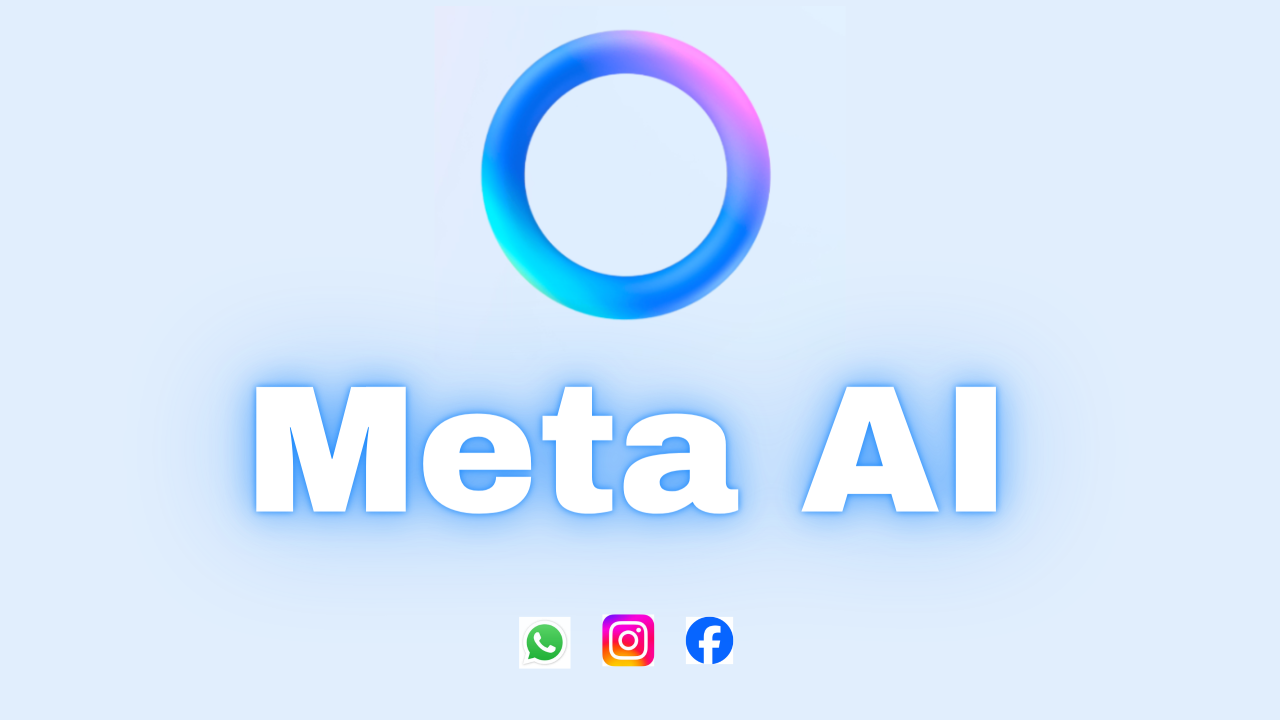Meta is adjusting its AI-generated content labeling strategies on platforms such as Facebook, Instagram, and Threads. This comes in response to criticism after real photographs were mistakenly tagged as AI-generated. These inaccuracies have prompted Meta to revise its approach to ensure clearer communication and proper identification of AI-manipulated media.
Background of the Issue
Meta’s system, implemented to identify and label AI-generated content, has faced challenges due to the mislabeling of genuine photographs. Prominent incidents include photographs by former White House photographer Pete Souza and images from a cricket celebration by the Kolkata Knight Riders, which were incorrectly marked as AI-generated. This problem has primarily been attributed to certain AI editing tools triggering these labels inadvertently, even for minimal edits like cropping or object removal.
Meta’s Response and Policy Changes
In response to feedback and the evolving landscape of digital content, Meta has broadened the scope of its manipulated media policy, which was previously focused on videos that made individuals appear to say or do something they hadn’t. The new approach encompasses a wider range of content types, including photos and audio, and emphasizes transparency through the use of “Made with AI” labels for AI-generated or altered media.
Meta plans to integrate more sophisticated technology to enhance the accuracy of its AI detection. This includes using advanced metadata and watermarking techniques that embed within the creation process of digital content. However, these technological solutions are still being perfected as the company encounters challenges in consistently identifying all AI-generated content.
Industry and Community Reactions
The mislabeling issue has sparked significant concerns among professional photographers, who argue that such errors can undermine the authenticity of their work and mislead the audience. In response, Meta has committed to refining its labeling mechanisms and is engaging with various stakeholders, including technology partners and public opinion bodies, to improve the accuracy and reliability of its content labeling practices.
As AI-generated content becomes more prevalent, the need for reliable identification and labeling mechanisms becomes increasingly critical. Meta’s ongoing efforts to address these challenges reflect a broader industry movement towards responsible AI usage and content authenticity. The company remains engaged in dialogue with industry peers, governments, and civil society to adapt its policies to the rapidly changing digital landscape.

















Add Comment